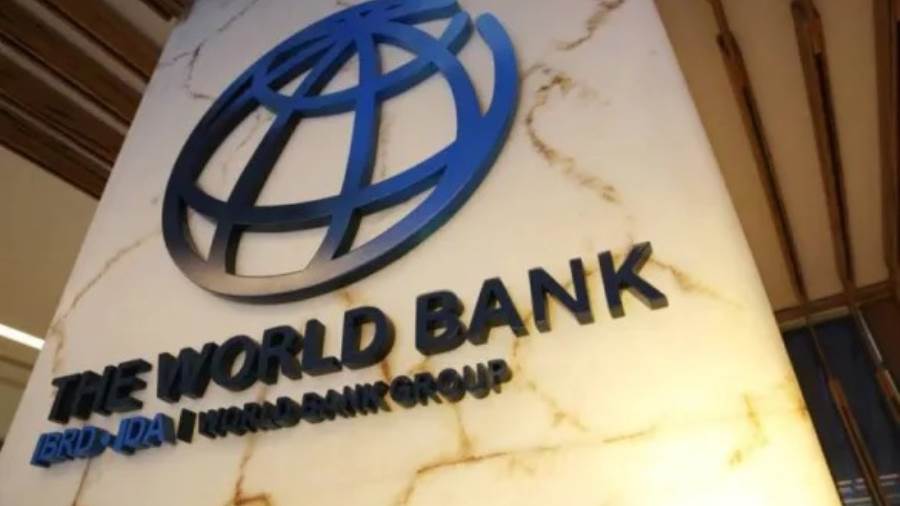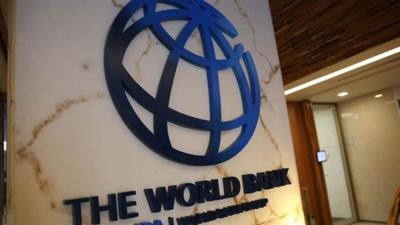World Bank: Rising Trade Barriers Push Global Economy Toward Weakest Growth in 60 Years


The World Bank has issued a new report warning that the global economy may be entering a prolonged period of slowdown, potentially making the current decade the weakest for economic growth since the 1960s. This forecast comes amid escalating trade tensions, increased tariffs, and slowing performance in major economies—factors that threaten long-term global economic stability.
Global Growth Slowing Sharply
The report projects global growth for 2025 at just 2.3%, a downward revision of 0.4 percentage points from earlier estimates. This marks one of the slowest growth rates recorded outside of major global recessions. The slowdown is attributed to rising political uncertainty, weakening trade flows, and persistent commercial disputes—most notably between the United States and China.
Major Economies Under Pressure
The U.S. economy is forecast to grow by just 1.4% in 2025, down from 2.8% in 2024, reflecting the impact of higher tariffs, slowing demand, and tighter financial conditions.
China's economy is also expected to decelerate, with growth projected to fall from 5% in 2024 to 4.5% in 2025 and further to 4% in 2026. The ongoing real estate crisis and tariff barriers imposed by the U.S. have limited China’s economic expansion.
Emerging Markets Losing Momentum
The report highlights that about 60% of developing economies are expected to experience slower growth in 2025. The average growth rate for these countries is estimated at 3.8%, with only a modest recovery projected for 2026 and 2027. Despite relatively better performance in low-income countries (with expected growth of 5.3%), global inflationary pressures and labor market constraints are adding new challenges.
Overall, the growth outlook for emerging markets is over 1 percentage point below the average during the early 2000s. If current conditions persist, it could take two decades for many developing economies (excluding China) to return to pre-pandemic output levels.
Long-Term Economic and Social Impact
The World Bank warns that the deceleration in growth could have profound implications for improving living standards, reducing poverty, and closing income gaps between developing and advanced economies. Per capita income in developing countries is expected to grow by just 2.9% in 2025—well below pre-pandemic averages.
Policy Recommendations: Reform, Diversify, Cooperate
The report emphasizes the need for diversifying trade partnerships, expanding regional agreements, and implementing structural reforms that promote inclusive growth. It urges governments to strengthen business environments, prioritize spending on vulnerable households, and mobilize domestic revenues more effectively.
Given the limited fiscal space in many countries, international cooperation remains essential—through multilateral support, concessional financing, and targeted relief to fragile states. Without bold action, the report suggests, the global economy risks entering a long-term period of stagnation.

























